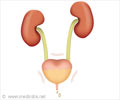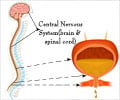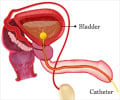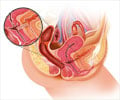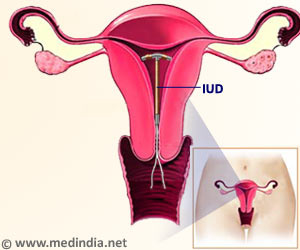Behavioral therapy generally is more effective than pharmacologic therapies for UI(Urinary Incontinence), according to American College Of Physicians.

‘Behavioral therapy was more effective for urinary incontinence than pharmacological intervention through anticholinergics or alpha agonists or hormones.’
Read More..




UI is a common malady in women and may be categorized as stress UI (the involuntary loss of urine with effort or physical exertion or on sneezing or coughing), urgency UI (a sudden compulsion to urinate that is difficult to defer), or mixed UI (with features of both stress and urgency UI). Read More..
Nonsurgical interventions include nonpharmacologic interventions that aim to strengthen the pelvic floor or change behaviors that influence bladder function, and pharmacologic treatments that primarily address bladder and urethral sphincter function.
Researchers from Brown University School of Public Health conducted a systematic review of the clinical effects of all nonsurgical treatments for stress, urgency, and mixed UI in nonpregnant women to compare their effectiveness for improving UI outcomes.
A network meta-analysis included 84 studies and showed that all interventions studied, except hormones and periurethral bulking agents, resulted in better UI outcomes than no treatment. For stress UI, among treatments commonly used as first- or second-line interventions, behavioral therapy was more effective than either alpha agonists or hormones and combination behavioral therapy and hormones were more effective than alpha agonists.
Alpha agonists were found to be more effective than hormones. There was insufficient evidence comparing periurethral bulking agents and intravesical pressure release treatments used as third-line interventions for women with stress UI.
Advertisement

